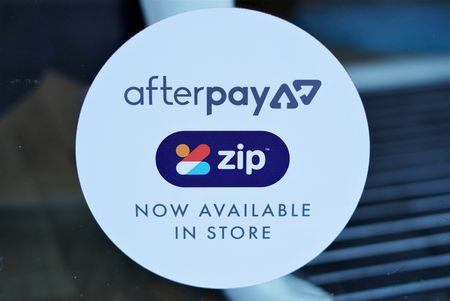 1
1 1
1
(Reuters) – Australia’s Zip Co Ltd said on Thursday it faced a jump in bad debts at home grounds, its biggest market by revenue, during the March-June quarter due to poor domestic consumer credit and discrepancies with third-party payment processors.
The country’s biggest standalone buy-now-pay-later (BNPL) provider said Australia’s June-quarter net bad debts, which are written off as a percentage of the total transaction value (TTV), came in at 3.1% – its highest value since the first quarter of 2022.
BNPL companies typically offer on-the-spot interest-free short-term loans with minimal credit checks that spread payments over weeks or months, and are largely used by cash-strapped people taking debt, sometimes more than they can afford.
“Zip AU experienced net bad debts … reflecting a combination of controlled TTV, seasonality, increasing softness in the external environment impacting consumer credit more broadly … Zip AU has again adjusted settings and implemented initiatives in response to current market conditions,” the company said in a statement.
The company, however, posted a fourth-quarter revenue of A$193.8 million ($131.26 million), an increase of 21.1% over last year alongside a 6.4% jump in transaction volumes to A$2.3 billion.
Shares of the BNPL firm were up 13.2% at A$0.49 by 0027 GMT, outperforming the broader benchmark S&P/ASX 200 index, which climbed 0.5%.
Net bad debts as a percentage of TTV improved for the group, with improvements in the U.S. business, partially offset by softness in the broader Australian credit market, the company added.
($1 = 1.4765 Australian dollars)
(Reporting by Roushni Nair in Bengaluru; Editing by Sherry Jacob-Phillips)